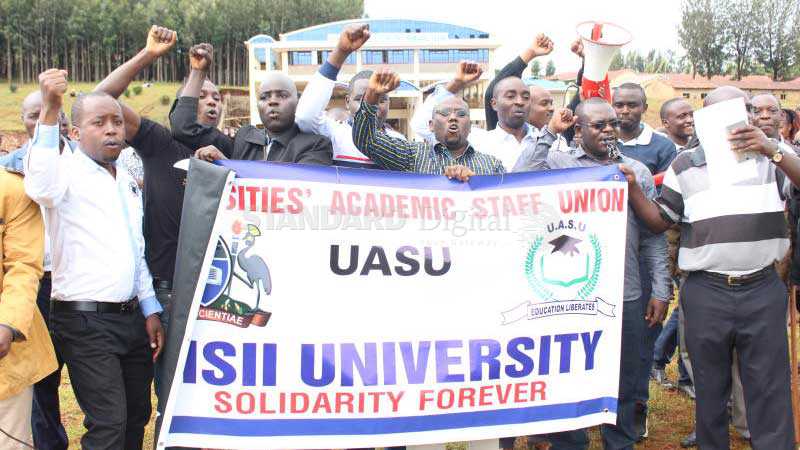
Once thought to be a quiet revolution, the consumer-driven model of financing university education in Sub-Saharan Africa has given rise to a robust academic capitalism thriving on cheap labour of part-time lecturers, tutorial fellows and other easily disposable academics.
Adopted largely from Makerere University’s reforms of the late 1990s, the new vision has redesigned African universities into satisfied student-customer corporate entities, irrespective of whether those students have academic capacity to learn and benefit from higher education.